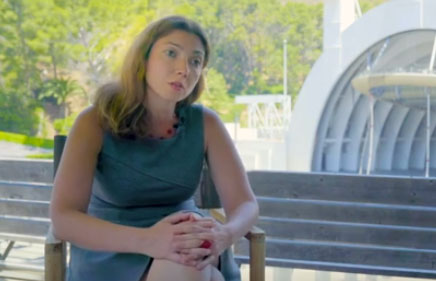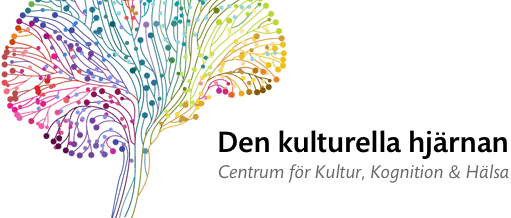Assal Habibi discusses her research into how music education promotes neurological changes in the brain. The interview is conducted at the Edinburgh Culture Summit 2020.
Interview with Assal Habibi – education promotes neurological changes in the brain


